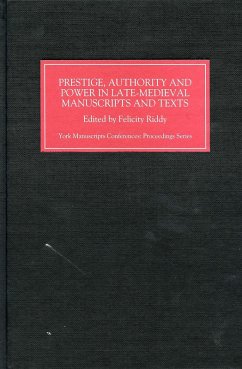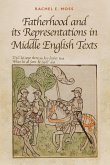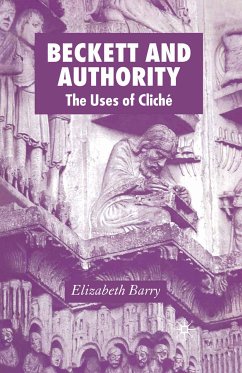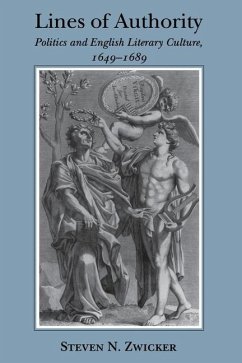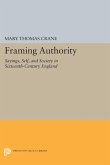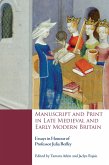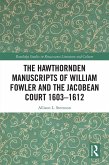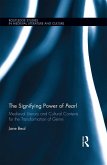A range of manuscripts and texts from various social contexts studied for what they reveal of that social background.
Prestige, authority and power: what is the significance of these three terms for the study of late-medieval manuscripts and texts? This collection of essays, by leading scholars from Britain and North America, answers this question in various ways: by discussing manuscripts as prestigious de luxe objects; by showing how the layout of texts was used to confer different kinds of authority; and by locating manuscripts and texts more dynamically in whatFoucault calls `power's net-like organisation'. All of the essays in the volume embed the manuscripts they discuss in particular sets of personal relationships, conducted in specific social environments - in the schoolroom or themonastery, at court, in the gentry household and the city, or mediating between these. The essays address, among others, issues of gender, patronage, status, self-authorization, and gentry and urban sociability, in studies ranging from the twelfth to the sixteenth centuries. Professor FELICITY RIDDY teaches in the Centre for Medieval Studies and the Department of English at the University of York. Contributors: SUZANNE REYNOLDS, KANTIK GHOSH, KATE HARRIS, KATHLEEN L. SCOTT, JOHN THOMPSON, CAROL M. MEALE, ANNE M. DUTTON, JAMES P. CARLEY, DAVID R. CARLSON
Prestige, authority and power: what is the significance of these three terms for the study of late-medieval manuscripts and texts? This collection of essays, by leading scholars from Britain and North America, answers this question in various ways: by discussing manuscripts as prestigious de luxe objects; by showing how the layout of texts was used to confer different kinds of authority; and by locating manuscripts and texts more dynamically in whatFoucault calls `power's net-like organisation'. All of the essays in the volume embed the manuscripts they discuss in particular sets of personal relationships, conducted in specific social environments - in the schoolroom or themonastery, at court, in the gentry household and the city, or mediating between these. The essays address, among others, issues of gender, patronage, status, self-authorization, and gentry and urban sociability, in studies ranging from the twelfth to the sixteenth centuries. Professor FELICITY RIDDY teaches in the Centre for Medieval Studies and the Department of English at the University of York. Contributors: SUZANNE REYNOLDS, KANTIK GHOSH, KATE HARRIS, KATHLEEN L. SCOTT, JOHN THOMPSON, CAROL M. MEALE, ANNE M. DUTTON, JAMES P. CARLEY, DAVID R. CARLSON
Dieser Download kann aus rechtlichen Gründen nur mit Rechnungsadresse in A, D ausgeliefert werden.

